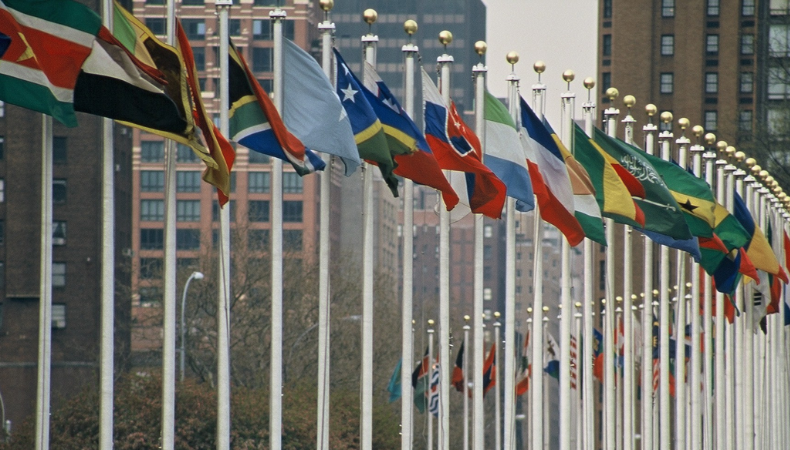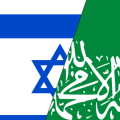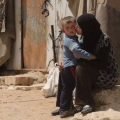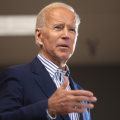The World Cannot Afford Another “Gaza”: UN Leader Comments on Lebanon Situation

Tensions along the Lebanon-Israel border have peaked recently, leading United Nations Secretary-General Antonio Guterres to issue a severe warning. His message emphasizes the seriousness of the matter and warns that “one miscalculation” could set off disastrous events outside of our comprehension. Rising firefights between Israel and Hezbollah, a militant organization supported by Iran, center the issue on igniting worries of a more general regional conflict.
Complications in geopolitics and history abound in the background of these tensions. Already loaded with internal political conflict and economic difficulties, Lebanon finds itself once more at the epicenter of regional tensions. Though appeals for disarmament from many sources, including the international community, Hezbollah, a major political and military force in Lebanon, has kept armed presence. Israel, meantime, sees Hezbollah as a direct threat because of its suspected ties to Iran, which Israel regards as an existential threat, its attack record.
The Risk of Becoming “Another Gaza”: Guterres’s Advice for Prudence
There are great ramifications in Secretary-General Guterres’s warning against Lebanon turning into “another Gaza”. The allusion to Gaza, a land beset with decades of violence and humanitarian problems, reminds us sharply of the human cost and ongoing suffering that protracted hostilities may cause. The warning of the Secretary-General is not just a diplomatic one but also an appeal to stop Lebanon from spiraling into a comparable cycle of bloodshed and hopelessness.
The stakes are unquestionably enormous. Though limited, the present skirmishes could turn into a full-scale conflict with terrible effects on people living on both sides of the border and outside. Beyond the front lines of current fighting, Guterres’s worries highlight the wider regional consequences and the effects on other nations already facing political and security issues.
Fragile Balance and Regional Implications: A delicate scenario unfolds
In recent memory, West Asia’s fragile balance finds one of its most unstable times. Tensions have been raised by reports of Israeli military readiness for an attack on Lebanon; diplomatic attempts to negotiate a ceasefire and guarantee the release of hostages have faltered. This explosive mix emphasizes the frailty of regional stability since every military action and countermove has the possibility to aggravate the matter.
The fact that Hezbollah represents Iran’s agent adds still another level of complication. Iran’s support of Hezbollah, militarily and ideologically, emphasizes the larger regional power dynamics and Iran’s strategic goals in the Levant. The possibility of Hezbollah getting sophisticated weapons and increasing its military capability presents an unbearable risk for Israel, which calls for preventative actions meant to raise even more tensions.
The UN’s admonition for restraint and caution is not only a diplomatic formality but also a vital cry for de-escalation and war avoidance. By means of the UN and other diplomatic channels, the international community has to enhance initiatives to diffuse tensions and foster communication. Already reeling from wars in Syria, Yemen, and elsewhere, the fallout from failure is clear: a regional conflagration that could destabilize not only Lebanon and Israel but also neighboring nations and resonate throughout the Middle East.
Keep On Reading
Beyond Borders: Worldwide Effects of Regional Conflict
The border between Lebanon and Israel is more than just a physical line; it’s a fault line where geopolitical ones intersect. Any mistake or escalation might have effects on world energy markets, international security policies, and humanitarian projects that go much beyond the immediate crisis area. Largely underlining the interdependence of modern society and the need of group action to stop crises from blowing out of control, the prospect of a more general battle involving regional and global powers looms big.
The warning issued by Secretary-General Guterres reminds us all of our shared obligation to preserve peace and security internationally. It advocates group efforts to give diplomacy, mediation, and conflict resolution first priority above armed confrontation. As guardian of world peace and security, the UN is ready to help conversations and communication aiming at a durable peace in the area.
Finally, the state of affairs along the Lebanon-Israel border tests international diplomacy and conflict settlement initiatives critically. The urgency of Secretary-General Guterres’s message emphasizes the need of proactive and careful methods to stop more escalation and minimize the hazards of more general regional instability. Watching with bated breath while diplomatic attempts go on, the world hopes for a peaceful settlement to this delicate and explosive conflict with consequences much beyond the Mediterranean coast.







